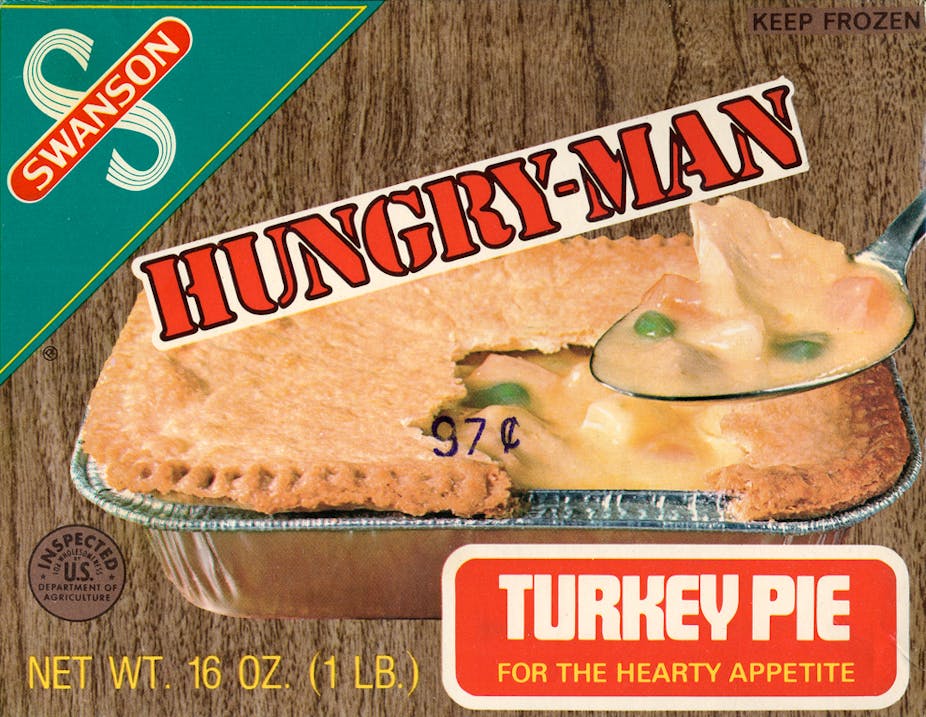Chef Jamie Oliver was right to point the finger at ready meals with their high salt, sugar and fat content, misleading labels and hidden calories as a cause of obesity. He was also right to argue that healthy food can be cheap and that cooking from scratch, even if it just pasta pesto and frozen veg, is always healthier than any form of processed food and probably costs less.
But he was wrong to state that this is an issue of poverty, and for which he’s come under substantial criticism. It’s not only the poor that eat this way - even steak frites with garlic butter is unhealthy, but we are just less judgemental when it’s eaten by the rich in a posh restaurant.
Eating ready meals - some healthier (and more expensive) than others - while watching TV reflects a much broader problem in today’s world. The meaning of food is changing and this influences how and what we eat.
Food as a social behaviour
Since the days of the cave man, food has been at the core of how we interact with each other. We have family meals, birthday teas and Christmas dinners. All around a table and all together.
Yet now the fastest growing household is the single person - whether it be a student, the unemployed, a successful career woman, a retired businessman or a widower. More and more people live alone. Cooking for one is hard work and often seems “pointless”. The ready meal is the perfect solution with the TV providing necessary company.
Food as health
We used to die from childbirth, flu or TB. Nowadays heart disease, cancer, diabetes and obesity are the biggest killers - but not when we are young.
So it is hard to link eating food in the here and now with our health in the years to come. Food no longer just means health but pleasure, fun and instant gratification. And opening a ready meal serves this immediate need without any sense of the future damage it may be doing.
We may not die of starvation but we do die of malnutrition, it’s just that the modern form of malnutrition takes many, many years to have an effect and our short-sightedness won’t let us see this.
Health as a priority
People in Britain work long hours, have busy lives and increasingly have less of a “homemaker” figure there for with a meal ready when we get home. “No time to cook” is a common excuse, and certainly no time to browse markets for the best produce.
But it’s not about time; it’s about priority. And now that poor health has become a thing of our future, not our present, planning and cooking a meal have slipped down our to-do list. Still pasta pesto and frozen veg takes less time than going to the fish and chip shop, microwaving a ready meal (waiting for it to stand, and waiting again) or ordering and waiting for a take away.
Oliver has identified the right problem but the wrong cause. Ready meals in front of the TV reflects far more than just poverty and are a product of a modern world where people eat alone or no longer see the link between food and health.
We aim for longevity but maybe it’s this longevity which is part of the problem. Until we also aim for health, and realise that this starts now, then ready meals will carry on offering the solution to our modern lives.

